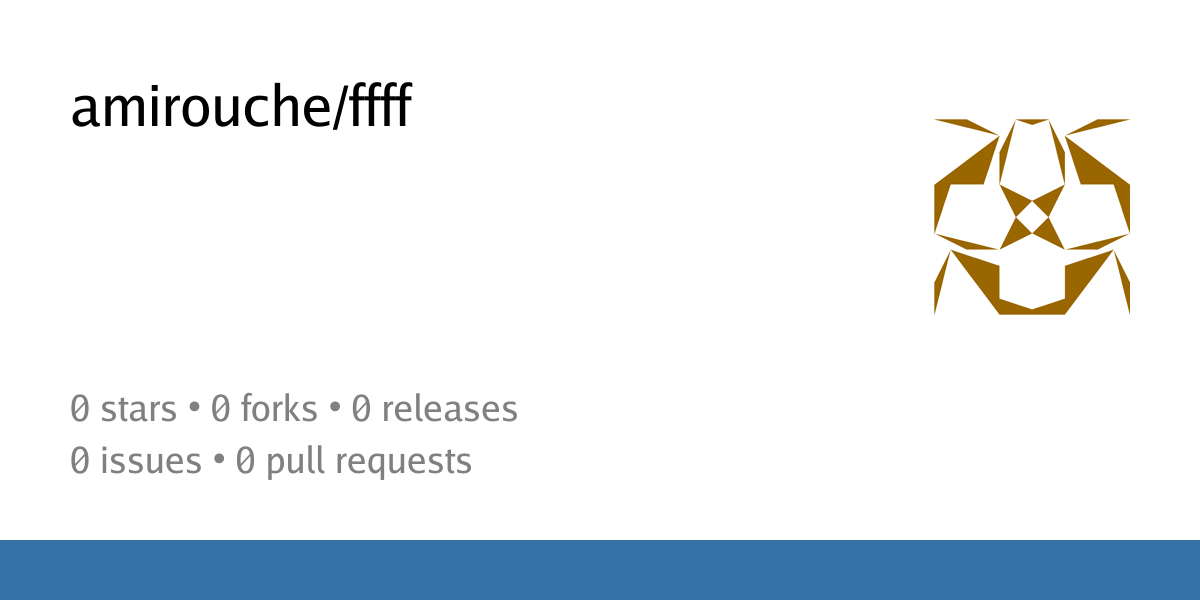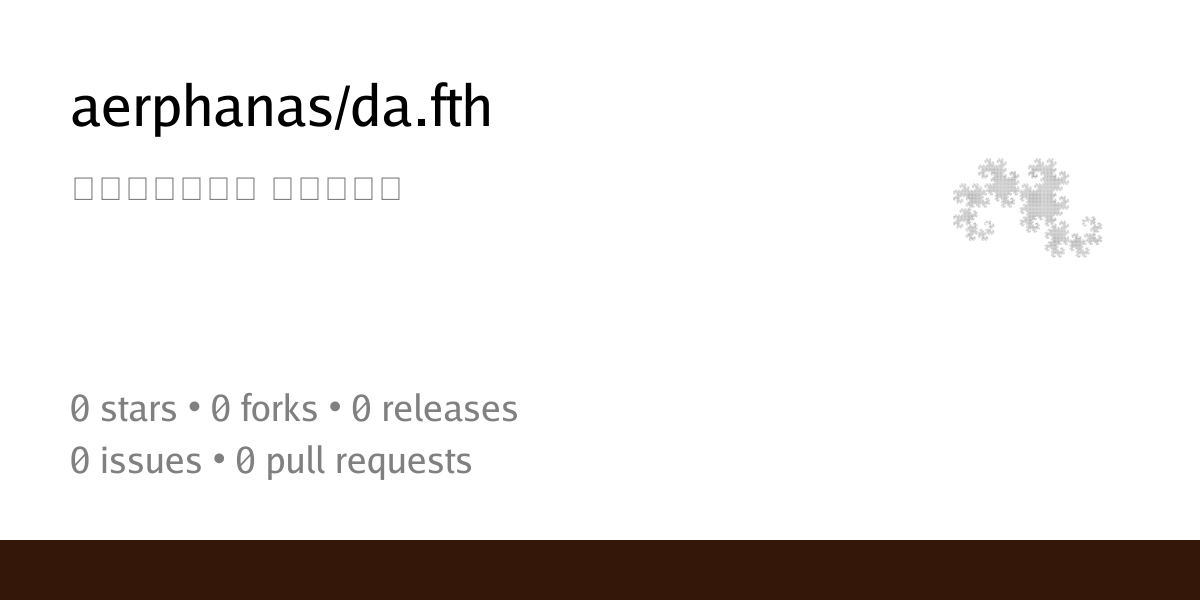#VolksForth booted today on the #Sorbus Computer (made by SvOlli -> https://xayax.net/sorbus/) #Forth #retrocomputing #6502CPU
Recent searches
Search options
#forth
I try to get you a Forth from as far, far away as I can possibly get.
#MayThe4th be with your timeline!
#retrocomputing
#KC85 #Forth
#MayTheForth
Maybe I get a French Forth on the Thomson TO7 next year. See also
- https://mastodon.sdf.org/@eiZen/111640855127506514
- https://mastodon.sdf.org/@eiZen/113155446188449867
Looks like I'll have to take a look at #forth when I have the time(tm)...
#forth #bridge #blackness
Forth bridges from a couple of evenings ago, taken from Blackness.
I know it's going to ruin me for every other programming language, and possibly make me unemployable, but I've got some time-off next week and I'm going to spend some of it learning more about #forth
I created a command line note taking tool called ffff. It started as a mere one liner:
# ffff note paris is magical
b6660fc8-783c-441b-9612-6706ec56a807
Then:
# ffff note paris is magical and pricey
15832645-98ec-4595-a8c1-ffebd007b19c
And forth:
# ffff note may the forth be with you
7c84dc9c-bf32-4531-a16f-4e9fe60e3444
There is a search engine that allows to query notes two ways:
# ffff question paris is ?
paris is magical
or
# ffff question is ...
paris is magical
paris is magical and pricey
Also, it is possible to play notes that are #forth-like:
# ffff play 40 2 +
42
Or store that as a note, and play it:
# ffff play $(ffff note 40 2 +)
The code is boring af, but here it is: https://git.afpy.org/amirouche/ffff/src/branch/main/ffff.py

Charles Moore, creator of #FORTH, has spoken of an ultra minimal OS he made, called OK. I sometimes wonder what an ultra minimal OS could be like. The COSMIC ELF had a very tiny OS. I only played with it in emulation, and don't remember much.
One thing I liked about the DOS age, was that, to reference the Simpsons, I could "walk on the pipes". IE tell the CPU exactly what I wanted it to do.
There's a trade off between the Altair front panel, and vibe coding though! xD
I'm sharing my Forth cheatsheet, hope it helps!
From the archives,
Accelerating The Pygmy #Forth Editor With Direct Video Writes: http://edlinfan.duckdns.org:7000/pyg_edit.txt
Or read it on Gopher:
gopher://edlinfan.duckdns.org:7000/0pyg_edit.txt
I implemented a dynamic array in pForth. While implementing it, I learned a lot about how memory, pointers, and Forth work.

Ps. If this was more of a #Forth-like language (e.g. via https://thi.ng/pointfree-lang), the same could be expressed just like so (and much better reflecting the linear flow of data and order of transformations):
```
normal ( gaussian generator )
1e6 repeatedly ( take N samples )
0.1 -3 3 binned ( clip to interval & bin values )
frequencies ( compute histogram )
asArray ( convert map to array of [bin, count] tuples )
0 compareByKey sort ( sort by bin position )
1 pluck ( select bin counts only )
10 barChartVStr ( generate ASCII bar chart string )
print
```

"imperative or procedural thinking can be very useful for Joy, both for explaining the meaning of the Joy primitives and also when writing programs. Here one should be eclectic and pragmatic - use whatever works."
From A Conversation with Manfred von Thun
https://www.nsl.com/papers/interview.htm
via
Forth: The programming language that writes itself
https://ratfactor.com/forth/the_programming_language_that_writes_itself.html
both longreads.
#forth : out, as from a state of concealment, retirement, confinement, nondevelopment, or the like
- French: avant
- Italian: avanti
- Portuguese: adiante
- Spanish: en frente
------------
See previous words @ https://wordofthehour.org/r/past

Say you love coding #Forth without saying that you love coding Forth ...
MilliForth-6502, A Forth For The 6502 CPU | Hackaday. Maybe learning Forth could be "fun"? If #programming #forth #retro
milliForth-6502, a Forth for the 6502 CPU - Forth is popular on small computers because it is simple to implement, yet quite p... - https://hackaday.com/2025/04/20/milliforth-6502-a-forth-for-the-6502-cpu/ #retrocomputing #softwarehacks #sectorforth #milliforth #mischacks #forth

@vga256 @tomjennings Yes, wabi-sabi has also been very influential on my own practice and was one of the conceptual hooks for this talk I gave at Resonate Belgrade in 2016, which incidentally also includes a great quote by @vertigo):
https://media.thi.ng/2016/talks/resonate.pdf
(sorry, slides only, no talk notes)
Re: The feeling "should have written myself" — that's exactly how I feel about your framing/writing! :))
I really want to get a picocalc and just use it as a #forth computer
The imitation of intelligence called "AI" is about reproducing the successes and mistake of intelligent, conscious, human efforts. Brain/mind research has shown that when a machine is overly helpful, the similar capacities in the human diminishes. The ethical, consciously responsible human programmer must turn off too much help, and choose programming language which shows what is going on, such as the #forth #programming #language, and #C, and turn off things with too much 'help' features.
I never got into Forth, but a book on it was one of ðe first programming books I’ve read. Can’t say I remember much from it now, ðô



